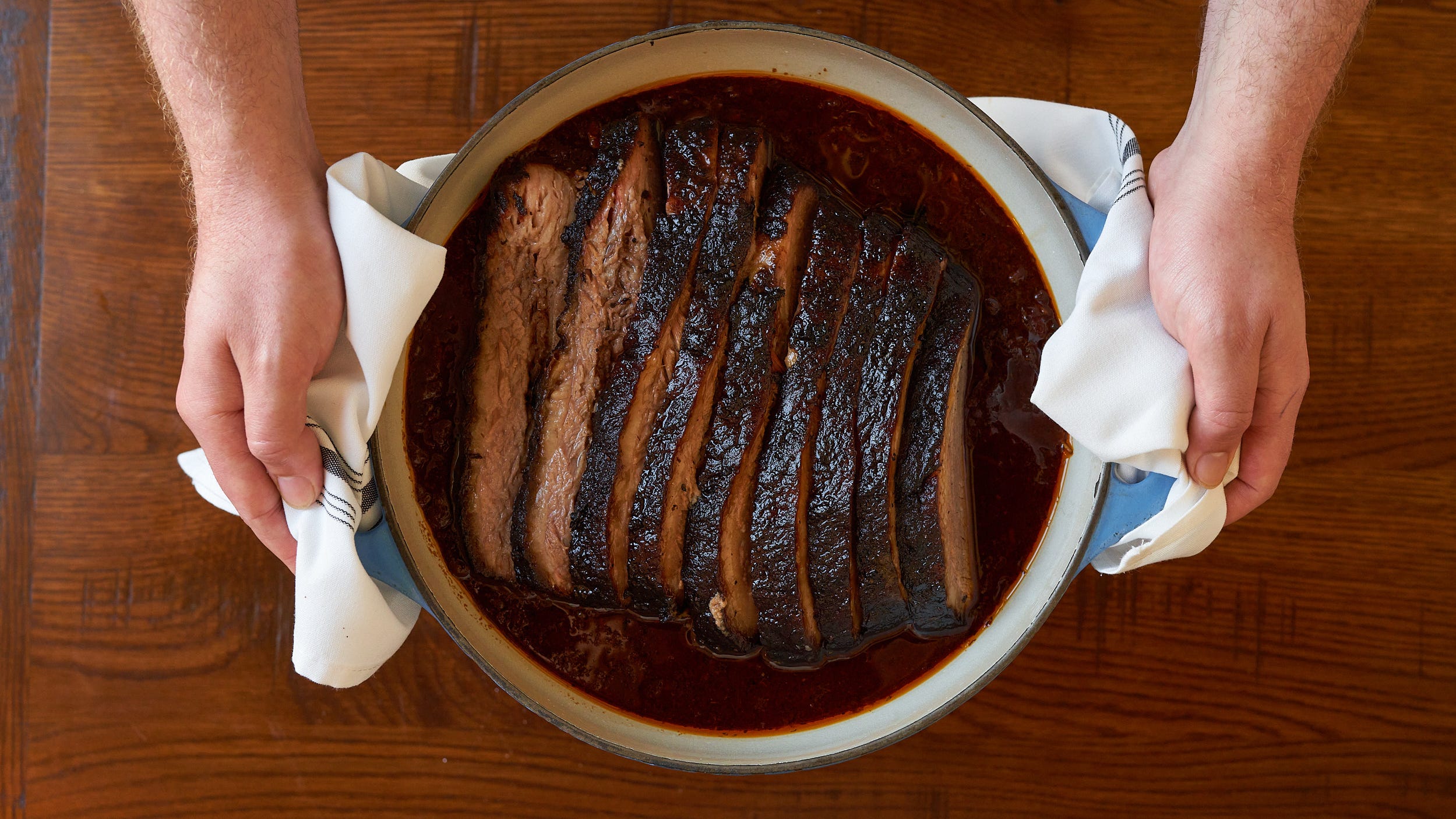
Spring is approaching and people of Jewish, Muslim and Christian faiths will celebrate special occasions bringing friends and family together for meals.
For each celebration — Easter, Passover or Eid — there is a traditional celebration meal with food that needs preparation. The United States Department of Agriculture is reminding people about food safety heading into the holiday.
“The holiday season is a special time to gather with friends and family and enjoy traditional meals,” USDA Under Secretary for Food Safety Dr. Emilio Esteban said in a release. “Whether you’re celebrating your Easter dinner with ham, Eid lunch with lamb, or Seder meal with brisket, remember to keep food safety at the forefront.”
Food safety tips for holiday meals
The USDA offers these six tips to keep food safe:
- Keep hands clean before, during and after food prep: Wash your hands for at least 20 seconds with soap and water before and after handling food and when switching between ingredients.
- Prevent cross-contamination of surfaces and foods: Use separate cutting boards — one for raw meat and poultry, and another for ready-to-eat foods such as fruits and vegetables. Clean and sanitize any areas where meat and poultry have touched before and after cooking.
- Thaw meat and poultry safely: Leaving any frozen package of meat or poultry for more than two hours on the counter at room temperature is dangerous.
- Keep hot foods hot and cold foods cold: Food should not be left out for more than two hours. After two hours, bacteria can reach dangerous levels that can cause foodborne illness. Perishable foods, such as kebabs or brisket, should be discarded if left out for longer than two hours.
- Use or freeze leftovers within four days: Leftovers can be kept in the refrigerator for three to four days or frozen for three to four months. Although safe indefinitely, frozen leftovers can lose moisture and flavor when stored for longer times in the freezer.
- Cook to a safe internal temperature: Use a food thermometer to ensure the following safe internal temperatures:
What are safe cooking temperatures for foods?
According to the USDA, it depends on the type of meat you’re cooking. Here are the suggestions:
- Cook fish to 145 F.
- Cook beef, pork, lamb and veal steaks, chops and roasts to 145 F. For safety and quality, allow meat to rest for at least three minutes before carving or consuming.
- Ham, fresh or smoked (uncooked): 145 F
- Cook ground meats, including beef, pork, lamb and veal to 160 F.
- Cook egg dishes to 160 F.
- Cook poultry (whole or ground) to 165 F.
When is Easter 2024?
Easter, based on the Gregorian calendar is Sunday, March 31. However, if you are part of the Eastern Orthodox church, then you’re following the Julian calendar and Easter is Sunday, May 5.
Easter is a Christian holiday celebrated to commemorate the resurrection of Jesus Christ at the end of Holy Week. Christians believe that after his crucifixion, death and burial on Good Friday, Jesus rose from the grave three days later, according to Christianity.com.
When is Easter in 2024?:Here’s why the holiday moves dates
When is Eid?
With the predicted end of Ramadan on Tuesday, April 9, the following day would mark the first day of Eid Al-Fitr.
Muslims end the month of Ramadan with the celebration of Eid Al-Fitr, one of the two celebratory holidays in the Islamic faith. Eid Al-Fitr is a time when Muslims come together in prayer, and also celebrate completing Ramadan.
What is Ramadan?:Find out when the Islamic holy month begins, what it means, more
When is Passover?
Passover begins before sundown on Monday, April 22 and ends after nightfall on Tuesday, April 30.
Passover, or Pesach, is a weeklong festival that commemorates Jewish slaves’ (the Israelites) escape from Ancient Egypt thousands of years ago. That night during a plague, the Jews’ firstborn children were “passed over” and spared from death — hence, the name of the holiday, “Passover.
